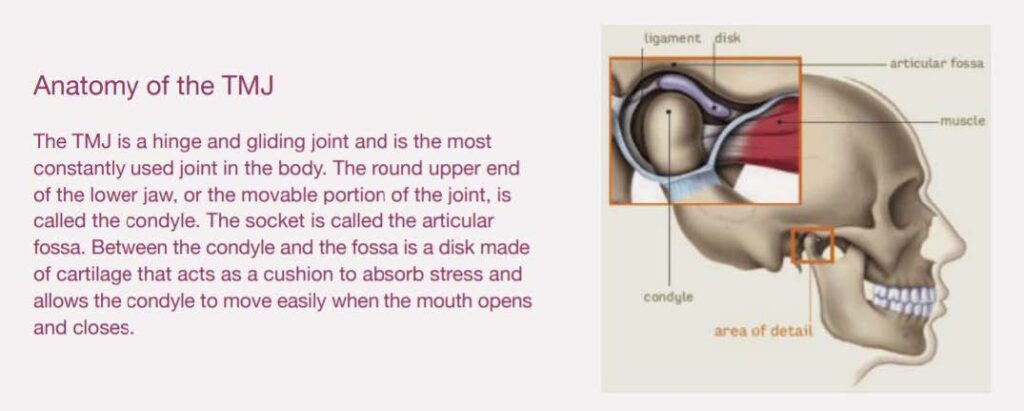How an OMS Can Help with TMJ Disorders
The temporomandibular joint (TMJ) is a small joint located in front of the ear where the skull and lower jaw meet. It permits the lower jaw (mandible) to move and function. TMJ disorders are not uncommon and have a variety of symptoms. Patients may complain of earaches, headaches and limited ability to open their mouth. They may also complain of clicking or grating sounds in the joint and feel pain when opening and closing their mouth.
When symptoms of TMJ trouble appear, consult an oral and maxillofacial surgeon (OMS). A specialist in the areas of the mouth, teeth and jaws, an OMS is in a good position to correctly diagnose the problem. Determining the cause of a TMJ problem is important because the cause guides the treatment. Special imaging studies of the joints may be ordered and appropriate referral to other dental or medical specialists or a physical therapist may be made.

OMS Voices Preview: TMJ Disorder: Causes, Symptoms and Treatments
What Causes TMJ Disorders?
Arthritis is one cause of TMJ symptoms. It can result from an injury or from grinding the teeth at night. Another common cause involves displacement or dislocation of the disk that is located between the jawbone and the socket.
A displaced disk may produce clicking or popping sounds, limit jaw movement and cause pain when opening and closing the mouth. The disk can also develop a hole or perforation, which can produce a grating sound with joint movement.
There are also conditions such as trauma or rheumatoid arthritis that can cause the parts of the TMJ to fuse, preventing jaw movement altogether.
Stress may trigger pain in the jaw muscles that is very similar to that caused by TMJ problems. Affected patients frequently clench or grind their teeth at night causing painful spasms in the muscles and difficulty in moving the jaw. Patients may also experience a combination of muscle and joint problems.
This is why diagnosing TMJ disorders can be complex and may require different diagnostic procedures.
Range of Possible Treatments
TMJ treatment may range from dental and medical care to complex surgery. Depending on the diagnosis, treatment may include short-term, non-steroidal anti-inflammatory drugs for pain and muscle relaxation, bite plate or splint therapy, and stress management counseling.
Generally, if non-surgical treatment is unsuccessful or if there is clear joint damage, surgery may be indicated. Surgery can involve either arthroscopy (like the orthopedic procedures used to inspect and treat larger joints, such as the knee) or repair of damaged tissue by a direct surgical approach.


